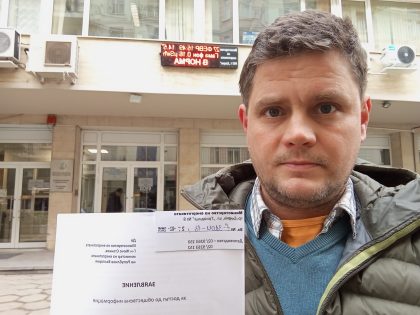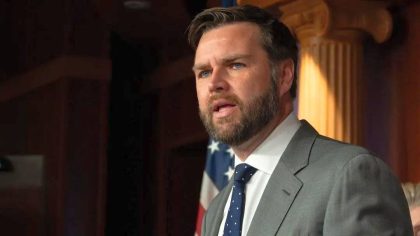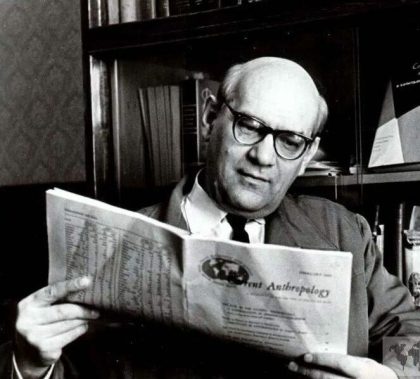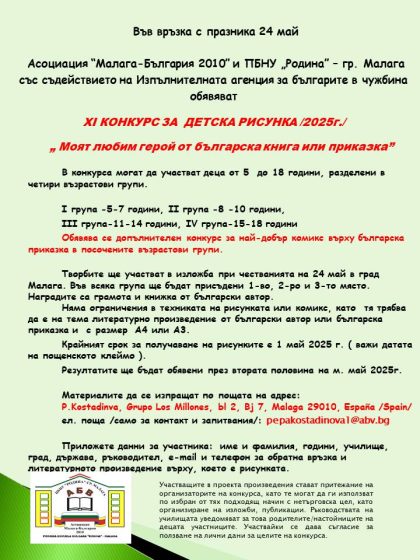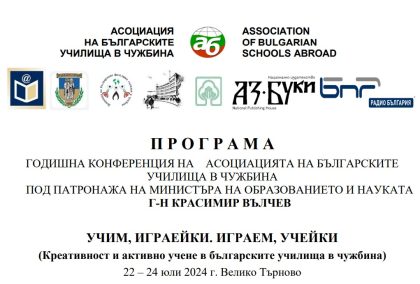Bulgarian troops from ISAF, who took part in beating back an attack on the airport in Afghanistan’s Kandahar launched by Taliban insurgents, including suicide bombers, have been awarded for their professionalism.
Gordon Moulds of the British Royal Force, who is the commander of Kandahar Airfield, conferred recognition on seven Bulgarian soldiers and extended his gratitude for the courage and determination they showed.
Bulgarian troops were on duty when Taliban insurgents launched two missiles and a ground attack against the NATO air field on August 3. They joined in repelling the attack together with the emergency forces of the Kandahar base.
According to the NATO command, two missiles hit the airport. One foreign ISAF soldier was killed, and several civilians inside the base were wounded. Six of the attackers, of whom two are reported to have been suicide bombers, were also killed in the shout-out.
One of the suicide bombers attempted to penetrate the Kandahar base. The watchtowers guarded by the Bulgarians were shot at, and the attackers blew up a tractor loaded with explosives right outside the base, which suffered minor material damages.
After the Taliban attack was fended off, the command of the Kandahar base has decreased the alert level to normal.
At present, the Bulgarian contingents in Afghanistan, numbering 527 troops, are based in three locations – Kabul, Kandahar and Herat. Taliban rocket attacks on the Kandahar base, the outer perimeter of which is guarded by UK soldiers, are very common with up to 400 reported in 2009.
Bulgaria plans to send up to 70 more troops to the NATO-led force in Afghanistan in early September – 10 of the soldiers will be medical personnel based in Kabul and the southern city of Kandahar, and 10 will be instructors for the Afghan army. The rest will join a Bulgarian unit guarding the airport in Kandahar.
Bulgaria also plans to dispatch a 700-strong combat unit to boost its troops in Afghanistan as of 2013 at the latest.
Bulgaria’s center-right government, elected last July, initially said it would not be able to provide more forces in Afghanistan due to the economic crisis, but later changed its strategy under pressure from the United States and NATO.
